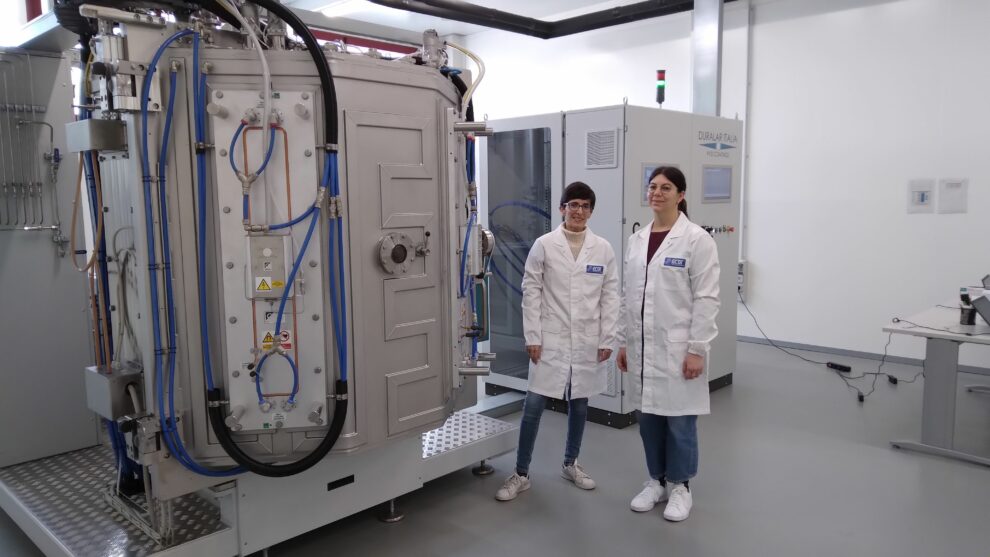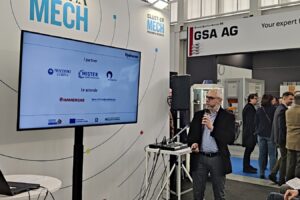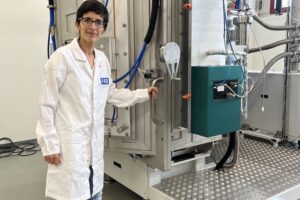Materials research enables Ecor Group to seize future technological and industrial movements.
Ecor International Group has based its growth strategy on industrial research.
It has considered research and innovation an asset, strategic and critical for the business, since the beginning.
Indeed a new institute dedicated to research was established: Il Sentiero International Campus.
Il Sentiero International Campus is the industrial research center that combine engineering knowledge and materials expertise, offering innovative solutions to enable companies to achieve their goals in terms of advanced technologies, eco-friendly product performance and cost reduction of production processes.
Thanks to research and innovation, Ecor Group has evolved and passed from steel to advanced materials manufacturing. It has never stopped working with steel, but rather dignified it instead.
Ecor International Group operates in these market sectors: Food Packaging machine, Aerospace and Defense, Advanced Mechanics and Industrial Research. This diversification of skills for the development of innovative technological solutions is intended to lead to the Group’s recognition in the advanced materials and advanced manufacturing technologies sector.
EXPERTISE FROM THE FOOD PACKAGING SECTOR
Ecor International and Il Sentiero International Campus have been operating for many years in the packaging and filling machines sector, offering innovative solutions.
Maintaining high standards of cleanability and hygiene of the plant environment to avoid contamination during food processing or packaging is critical for the packaging and filling machines.
The expertise on process systems in the Surface Engineering area enabled the initiation of studies and developments for surface functionalization. The goals in this area are, for example: improving cleanability, resistance to corrosion and wear, and conferring antibacterial properties by modifying the substrates of machine components.
The steel dignifying, mentioned at the beginning of this article, is carried out by conferring of new properties to the surface.

ADVANCED MANUFACTURING TECHNOLOGIES
Ecor Group, in order to achieve rapid scaling up of prototype solutions developed in house, has acquired industrial-size plants dedicated to research, belonging to the world of Industry 4.0.
Two additive manufacturing machines for metal powders, two machines for composite materials and one equipment that can process polymeric materials including hybrids and recycled materials (wood, ceramics) have been installed at Schio and Modena sites. There is also a multipurpose thin-film coating (PVD, PE-CVD) plant (equipped with electric arc deposition techniques, magnetron sputtering, 2 bipolar pulsed-guide magnetron units, 1 plasma beam source) and a system for internal tube coating, unique in Europe.
SURFACE COATING TECHNOLOGIES
Thanks to these facilities, the processes implemented have made it possible to design and deposit coatings that improve the cleanability of surfaces, with high antibacterial efficiency validated by microbiological tests.
In fact, in-house coating technologies enable the deposit of thin layers (on the order of thousandths of a millimeter). This is possible through nano-structuring of materials conferred in the microstructure rather than by doping (nano)elements that support, for example, antibacterial properties.
The expertise developed in this area was addressed then to the Personal Protective Equipment area (FFP2 masks and goggles) thanks to another research project (EcoDPI, funded by the Veneto Region). In this case, coatings deposited at low temperature on nonmetallic substrates with antibacterial functions and capable of inactivating the Covid19 virus were optimized.
LIGHTWEIGHTING DESIGN
As far as the packaging machine sector is concerned, the technology embodied on these plants today is at a very high level. The high production speed (we are talking about tens of thousands of pieces per hour) subjects the plants mechanical systems to highly stressful conditions. Arising from these conditions and the mass of the plants themselves is the need for lightweighting.
This is where lightweighting design (precisely design that aims to reduce weight) comes in and it specializes in developing shapes and materials that make components and plants as light as possible, also making use of advanced technologies such as 3D printing.

COMPOSITE MATERIALS
Collaboration with a European and national research network (Universities, research centers, innovative start-ups and innovative enterprises) has enabled engineers at Il Sentiero International Campus to work on the development of composite materials characterized by very high mechanical properties. These types of materials, generally intended for sectors such as automotive and aeronautics, are now candidates for projects in new areas.
The results of the MACOIMA R&D project (co-funded by the Veneto Region under the POR-FESR 2020 program together with two SMEs and the University of Padua) have made it possible to consolidate knowledge and expertise on the additive manufacturing technology of reinforced materials and on their functional properties. Hybrid forms of materials in which metal and composite coexist have been introduced as well.
Ecor Group also collaborates with the defense sector to develop advanced materials for ballistic protection. This collaboration has enabled the design of new materials leading to high performance and very low weight solutions. The expertise on reinforcing fibers, composite and ceramic materials, and the 3D printing process have been integrated in these studies.
The competitive advantage of additive manufacturing made it possible to design by arranging reinforcing fibers (carbon, aramid) creating structures in which mechanical strength and impact absorption capacity were combined with structures characterized by variable properties in thickness.
A further challenge arose with auxetic materials study and development, in a project (AMALIA) supported by funds from the European Defense Agency-EDA. Auxetic materials, simplifying, have the property of stiffening when stressed in a direction orthogonal to the direction of stress.
Again, materials and additive manufacturing technologies are in strong synergy in all phases of industrial research.
NEW LINES OF RESEARCH
The advanced materials context and in particular the coatings context has opened up a line of research in the area of fuel cells and materials for hydrogen. The potential application of some products is very interesting, and new solutions are being investigated to improve these systems efficiency.
Speaking of 3D printing composites, they are being investigated for the design and the construction of microdrones equipped with artificial intelligence in order to support intervention operations in areas subjected to natural events.
“There is a close connection between the development strategy of advanced materials and related technologies that must keep up with and confront the technological and industrial movements of the future. Each step involves the development of new knowledge and skills that integrate with existing ones,” explains Domenico Stocchi, Research and Innovation Director at Ecor International.
“‘Out of the box’ thinking allows us to identify new research trajectories to which we can orient technological innovation. When we glimpse spaces to take an extra step, we accept the challenge for innovation. It the advanced materials scenario we can manufacture new shapes and geometries , thanks to the specialized skills and cutting-edge technologies we have at our disposal.”
Read the article in the national economic newspaper Il Sole 24 ore, in our Press Review










 @EcorIntern
@EcorIntern